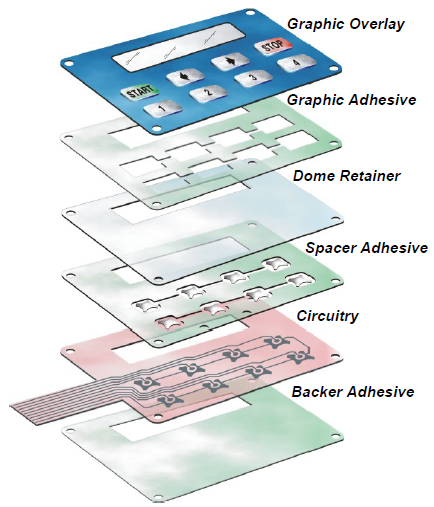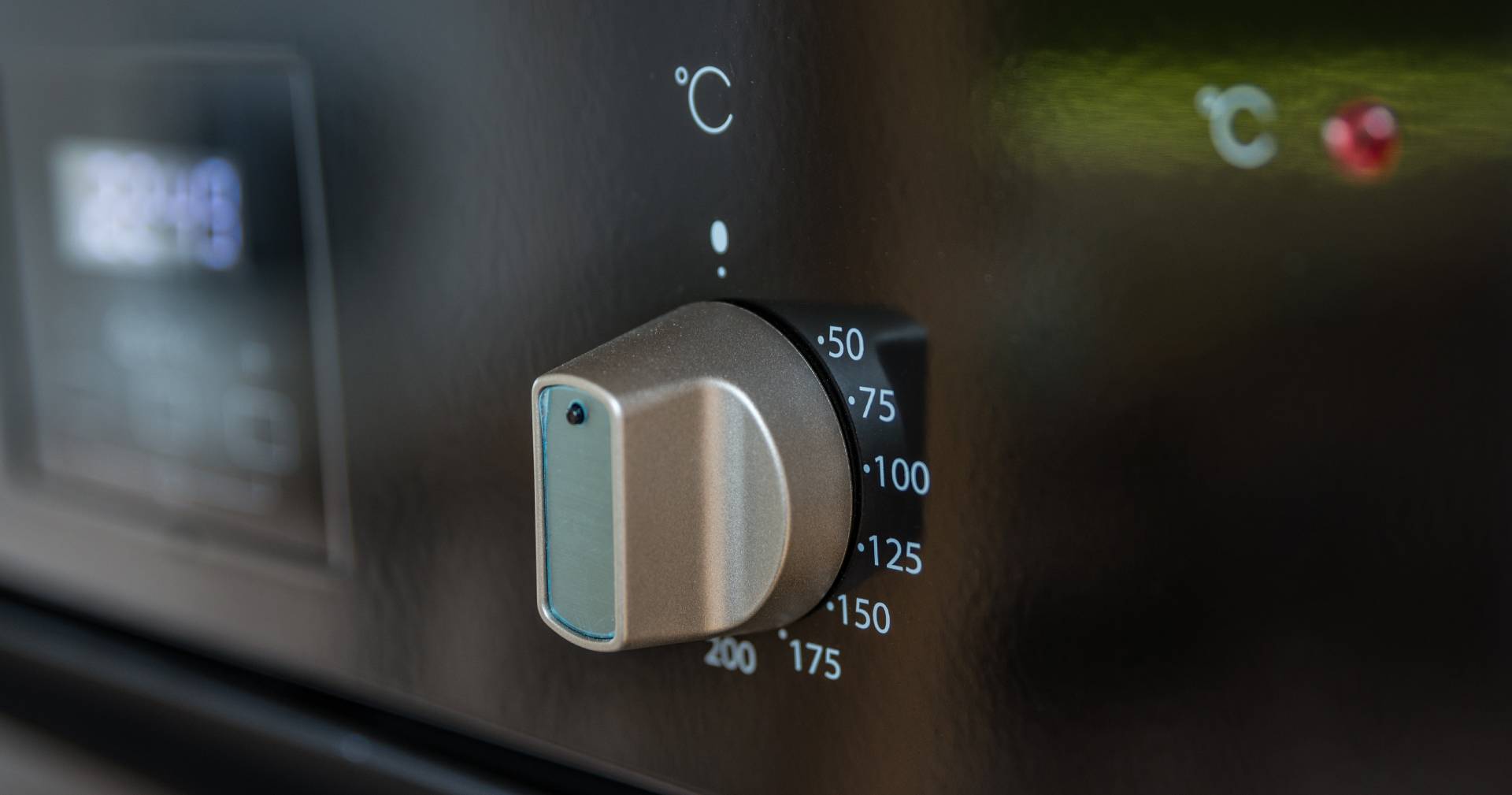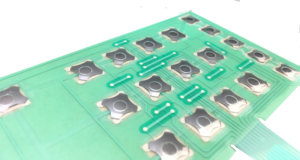Understanding the Technology Behind Membrane Switches
Understanding the Technology Behind Membrane Switches
Blog Article
Recognizing the Value of Membrane Switches in Customer Interfaces
Membrane buttons are indispensable components in the layout of efficient interface, helping with not only capability but additionally enhancing aesthetic charm and user interaction. Their special features, such as resistance to adjustable styles and ecological factors, make them ideal for a diverse variety of applications across several industries. As we check out the future trends and numerous advantages related to Membrane technology, it comes to be clear that these buttons are greater than just elements; they stand for a convergence of technology and functionality. The ramifications of this modern technology on individual experience are worth taking a look at better.
What Are Membrane Buttons?

The spacer layer, which consists of adhesive residential properties, enables the separation of the circuit layer from the overlay, guaranteeing that the switch remains in a non-activated state up until pushed. When stress is used to the overlay, it compresses the spacer layer, connecting the gap and finishing the circuit in the underlying layer. This design not just lowers the physical space required for typical mechanical buttons but likewise boosts the resilience of the tool, as Membrane switches are normally immune to dust, moisture, and other ecological aspects.
Typically found in applications varying from customer electronics to medical gadgets, Membrane buttons are important to modern innovation, offering a straightforward and efficient user interface that aligns with contemporary layout requirements.
Benefits of Membrane Switches
While many switch modern technologies exist, Membrane Switches offer distinctive benefits that make them especially desirable in numerous applications. One of the key advantages of Membrane switches is their portable layout, which enables space-saving applications in tools where realty is limited. Their thin account not just improves visual appeal yet additionally facilitates lightweight construction.
An additional considerable advantage is their resistance to environmental elements. Membrane switches are generally sealed against wetness, dust, and contaminants, making them ideal for usage in requiring settings, such as medical devices and commercial equipment. This toughness extends the lifespan of the switch, decreasing upkeep prices and improving dependability.
Furthermore, Membrane buttons can be personalized to fulfill details layout demands, including distinct graphics and colors that enhance user communication. Their tactile responses choices can additionally be customized to offer a rewarding individual experience. Furthermore, Membrane switches are affordable, specifically in high-volume applications, as they can be generated effectively.
Applications in Various Industries

In the consumer electronic devices field, Membrane buttons prevail in tools such as microwaves, cleaning machines, and remotes. Their responsive feedback and visual alternatives boost user experience while providing a sleek, contemporary appearance. Furthermore, vehicle makers use Membrane buttons in dashboard controls and infomercial systems, where room is restricted, and user engagement is important.
In addition, the commercial market leverages Membrane buttons in control panels for equipment and tools, permitting for instinctive operation in frequently harsh atmospheres. Their resistance to chemicals and moisture guarantees longevity and integrity in these applications. Generally, the versatility of Membrane Switches contributes dramatically to their extensive use, making them vital in numerous technical domains.
Design Considerations for Membrane Switches

When making Membrane switches, a number of crucial considerations should be considered to make sure ideal performance and user experience. The selection of materials is critical; choosing resilient, top notch substrates can improve the button's longevity and resistance to ecological aspects such as dampness and temperature changes.
Secondly, the style of the visuals overlay should prioritize quality and simplicity of use. Icons and message have to be legible, and the format should facilitate user-friendly communication (membrane switches). Furthermore, responsive responses is essential; incorporating a responsive dome or other systems can enhance the user experience by providing physical confirmation of activation
An additional essential element is the button's electrical efficiency. Designers need to make sure that the conductive traces are correctly developed see post to reduce resistance and prevent signal disturbance. This entails analyzing the required actuation force and ensuring compatibility with the digital components they will user interface with.

Future Patterns in Membrane Innovation
As modern technology remains to advance, Membrane switches are poised to advance substantially, driven by advancements in materials and manufacturing techniques. One emerging pattern is the unification click to read more of sophisticated materials, such as conductive inks and flexible substrates, which enhance sturdiness and minimize the total weight of Membrane buttons. These materials not only enhance the responsive response yet additionally enable the design of buttons that can hold up against harsher environmental problems.
Additionally, the integration of touch-sensitive modern technologies is changing typical Membrane Switches into even more interactive interface. Capacitive touch sensing units installed within Membrane button panels can offer a much more responsive and intuitive customer experience, straightening with the growing demand for smooth, contemporary designs in customer electronic devices.
In addition, innovations in printing strategies, such as digital and 3D printing, make it possible for quick prototyping and customization of Membrane switches. This flexibility enables producers to respond quicker to market needs and consumer preferences.
Lastly, sustainability is coming to be a significant emphasis, with producers find out here exploring green materials and processes. As these fads unfold, the future of Membrane modern technology guarantees boosted performance, aesthetic charm, and ecological responsibility, strengthening their function in sophisticated interface throughout numerous markets.
Conclusion
In final thought, Membrane Switches represent an important element in the style of customer interfaces, combining performance with visual adaptability. Their advantages, including longevity and resistance to environmental elements, make them appropriate for varied applications throughout various markets. Thoughtful layout factors to consider enhance user communication and experience. As innovations in technology proceed, the evolution of Membrane buttons is anticipated to more fine-tune customer interfaces, driving innovation and enhancing usability in a progressively complex technological landscape.
Membrane switches are important elements in the layout of efficient user interfaces, assisting in not just capability yet likewise boosting aesthetic charm and user interaction.Membrane Switches serve as a crucial part in various user interfaces, helping with a smooth interaction in between customers and digital devices.While countless switch technologies exist, Membrane Switches deal distinctive advantages that make them especially preferable in different applications.Additionally, Membrane switches can be customized to meet specific design demands, incorporating special graphics and shades that enhance customer communication.In final thought, Membrane Switches represent a vital component in the style of individual interfaces, combining performance with aesthetic flexibility.
Report this page